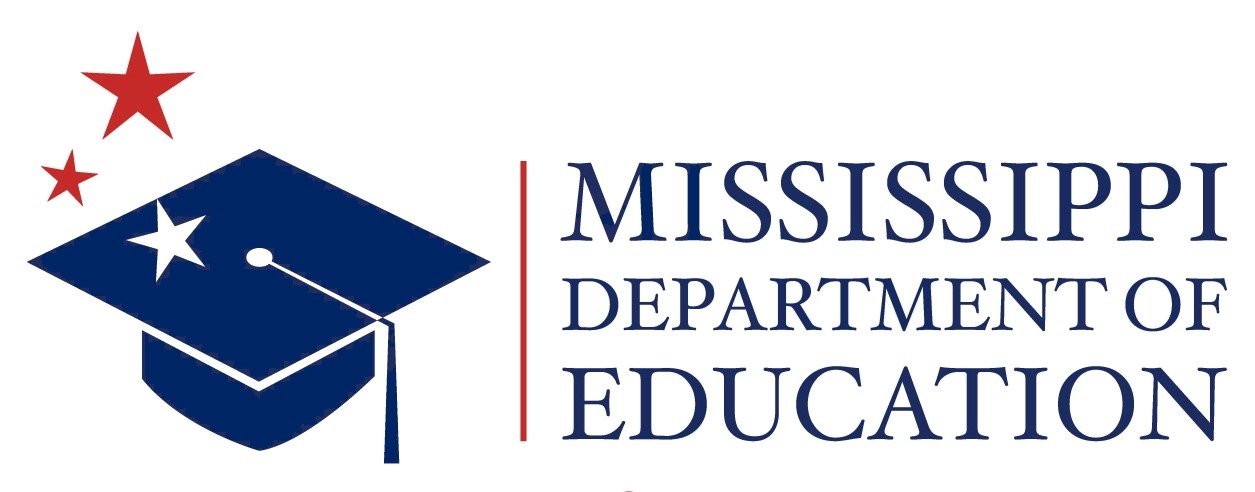High Leverage Practices in Special Education – Video Series
- Introduction to High Leverage Practices
- HLP #7: Establish a Consistent, Organized and Respectful Learning Environment
- HLPs #8 and #22: Provide Positive and Constructive Feedback to Guide Students' Learning and Behavior
- HLP #12: Systematically Design Instruction Toward a Specific Learning Goal
- HLP #13: Make Adaptations
- HLP #14: Use Cognitive and Metacognitive Strategies
- HLP #16: Use Explicit Instruction
- HLP #17: Use Flexible Grouping
- HLP #18: Use Strategies to Promote Active Student Engagement
- HLP #20: Provide Intensive Instruction
A Family Guide to Special Education Services
- Autism
- Deaf-Blind
- Developmentally Delayed
- Emotional Disability
- Hearing Impaired
- Intellectual Disability
- Language/Speech Impairment
- Multiple Disabilities
- Orthopedic Impairment
- Other Health Impairment
- Specific Learning Disability
- Traumatic Brain Injury
- Visually Impaired
- Significant Cognitive Disability
Resources*
- High Leverage Practices for Students with Disabilities
- Educational Assessments for Students who are Blind or Visually Impaired
- National Association of Special Education Teachers (NASET)
- Universal Design for Learning in Early Childhood
- TIES Center: Inclusive Practices for Students with Disabilities
- Universal Design for Learning
- Teaching Special Education
- Special Education Remote Teaching Resources
- Renew or Reinstate Your Teaching License
- Specially Designed Instruction Guidance Document
- AT Consideration Checklist 2023
- A Compass to College
- All Things Assessment
- Inclusive Leadership Guide
Dispute Resolution
Training
*The resources contained on this website contain materials and tools that may be used to provide additional resources to parents or students. This information is only intended to be a general summary of information provided to the public. The Mississippi Department of Education does not endorse or promote any commercial products or services. The views and opinion of authors expressed do not necessarily reflect those of the MDE, and they may not be used for advertising or product endorsement purposes. Please make sure that you choose the tools, resources or materials that are developmentally appropriate and best fit the needs of your students, school, or district. For resources that contain reading passages or other materials, please note: while appropriate within the context of the unit or lesson, books, articles, and reading passages may contain language and content that will require additional review to ensure the selection is suitable for your students and instructional goals.



